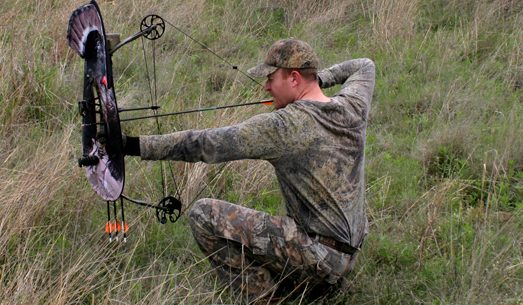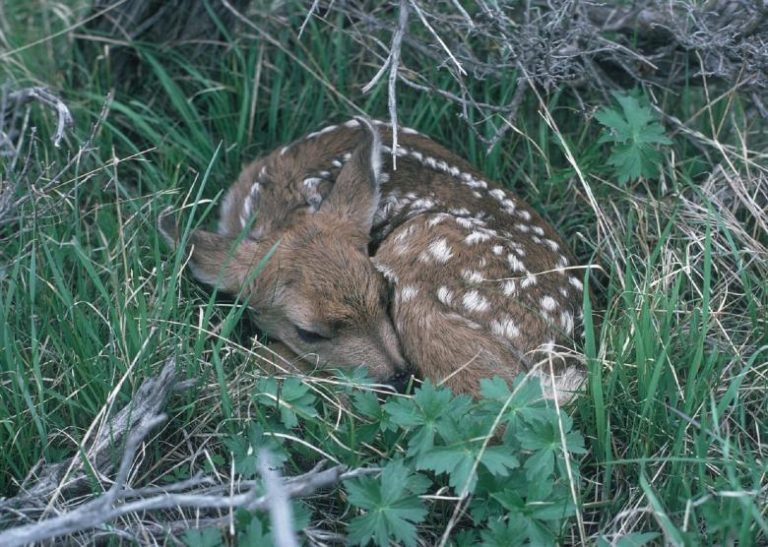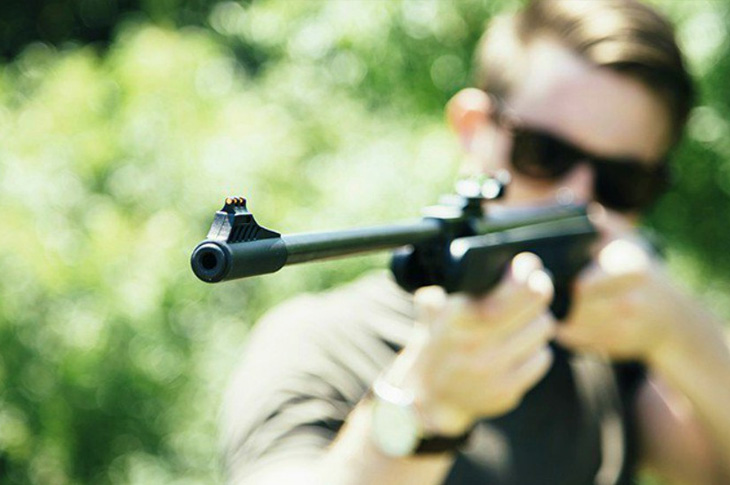A hunting trip may last from a week to few months. But the weather is not always perfect as you want. Rain. Wind. Snow. Sometimes these harsh conditions can bring to you the hunt success, but sometimes they can push you into bad situations. Imagine that you have to face to a thunderstorm in the forest, leaving you cut off from the way of life. And what will happen if your prepared food source is exhausted? Starve. Then distress. Then be eaten by wild animals. OMG! But bring it out of your mind. We will provide you some tricks to overcome this situation. With the gear and learn the following tricks for emergency cooking, you should be ready for anything.
All you need is familiar items that stick with you in the hunt. Extremely simple, right? Add some effort and we are good to go.
A metal can

If you have a spare metal can, why you don’t think of making an improvised cook pot. The only thing you have to do is stick a wire bail and set it on a grill. As food cans are usually covered with plastic or epoxy, after burning it for a few minutes, you should scrub it out to clean out the residue. And then you can fire up whatever you like. This is also easy and quick for boiling drinking water.

But everything will be challenged when you run out of the heat. Now you have to find an alternative thing for it. It is easy to find any food and beverage cans, right? Apart from a food cooker, you can take an advantage of that metal can to create a stove. Of course, it is easy to use and efficient. Make some right cuts on the bottom side of the metal can, add your fuel, and light it up. This hand-made stove can burn both sticks and other plant fuels. If you can’t find twigs, the toilet paper can be instead of that. Remove the inner cardboard (just roll the toilet paper roll between your hands, and the cardboard center can be easily removed). And insert it into the can, add the alcohol (except for gasoline or other explosive fuels) and fire it. The results can be tragic.
Foil

A simple sheet of foil is thin but extremely beneficial. It can become a boiler, frying pan, even an oven, or many other vehicles for cooking. You only need some food and fire. Thanks to the special sheet of foil, cooking is brought to a big step up from crafting your food directly in the ashes or coals of a fire. Especially foil can make some great tasting meals over a bed of coals.
Here are some tips for you:
- The heavier the foil is, the better the cooking is.
- Fold the packet up tightly or remove the steam.
- Make a gap on the package to make some steam out.
- Put the packet on a dying coal bed, not too hot or filled with flames.
Remember them to make your emergency cooking better.
Spits and Skewers

The practice of spit-roasting meat over a fire has gone back for 8000 years. It’s at most primal with a hunk of meat, a stick (metal or fresh-cut “green” wood skewers and spits), and some hot coals. This way is great for roasting small or medium cuts of meat. Cooking directly over a fire can give you a better result than placing food directly on a bed of coals, because you can control the fire temperatures, as well as the height of the food from the fire and time. On top of that, a small and smoky fire also give your food a great smoky flavor.
Wooden cooking tools seem to be serviceable and fairly durable, holding up many a roast before succumbing to the flames. Crafting your own spits and skewers will be cheap and fun. You have to select a green branch or sprout from a hardwood tree like maple, blueberry, and basswood, etc. Remember that it’s a nontoxic species and preferably one without an aggressive smell.

How to cook with wood spits and skewers
- Gather a few greenwood branches.
- Lop off any branches and irregularities which won’t be helpful to your roasting task.
- Pare off the bark with a knife.
- Cut the spit to length and sharpen the point.
- Perforate the spit to accommodate skewers for securing the roast.
- Split, pare, and whittle a straight section of the branch or sapling stock for skewers.
- Locate the fastening points strategically for the roast.
- Fasten the meat to the spit by using short metal or bamboo skewers.
- Fire it up and enjoy the meal.

Tips for cooking with skewers and spits:
- The fire should have a good bed of coals and be fed with hardwoods if possible.
- Softwoods burn quickly and some resinous ones like pine make harsh unpleasant tasting smoke.
- The wooden skewers, spits, and grills must be green, non-toxic wood, or it will burn up and drop the food.
- Metal skewers and spits should be non-toxic metal. Never use galvanized metal over a fire or in direct contact with food.
With these tips for emergency cooking, you can have your own meals anywhere, anytime to fill your belly. Just with familiar items in the hunt, cooking can become easier than ever. And it will be one of the most exciting parts of your hunting experience.















